Dos meses para Iowa

Quedan dos meses para los caucus de Iowa, primera pieza clave del largo conjunto de elecciones primarias y caucus estatales que permiten a los ciudadanos estadounidenses elegir quién será el que encabece los tickets demócrata y republicano para las elecciones a la presidencia que se celebrarán el próximo martes, 8 de noviembre de 2016.
El contexto internacional de la COP21
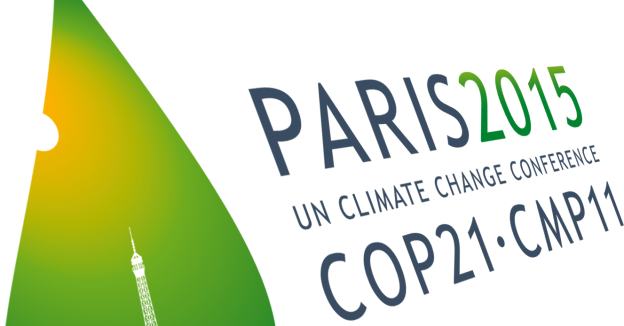
Los líderes mundiales se reúnen en París con el objetivo llegar finalmente a un acuerdo jurídicamente vinculante que frene el cambio climático que nuestro planeta ya experimenta. Cunde el escepticismo por la sombra de los fracasos en las anteriores conferencias de Copenhague y Lima, con el agravante de que ahora nos encontramos en un punto crítico.
Heading for elections: the Democrats

While the Republican Party has fifteen candidates, in the case of the Democratic Party, just five people are competing to be the presidential candidate of the USA government, being Hillary Clinton the undisputed favourite in the polls.
The dust settles. New Faces appear
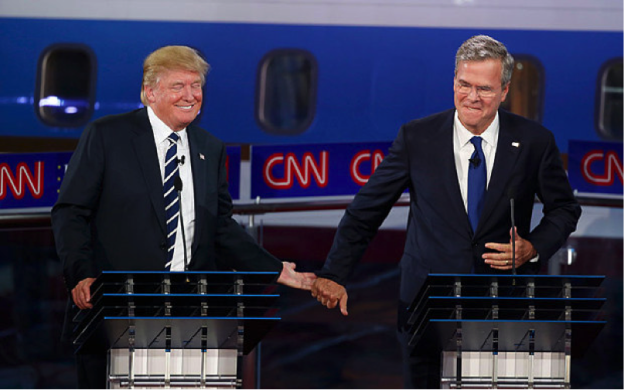
After the second Republican debate on CNN the dynamics of the race for the nomination of the GOP are beginning to take shape. Initially it might have seemed that the race would have been an ideological and populist rant against the old GOP establishment, whose voters are tired of the inability to produce anything regardless of their virtually undisputed rule.
Latin America in the digital game

If history did not provide enough links between two countries or say two continents, humans surely found priceless means for being online with their faraway fellows in the current millennium. Leaving in a shadow of mistrust matters of hard power of a dusty 20th century, the 21st century came out growing up with plenty of smart power tools in international relations, especially within the digital chapter. If something, the 21st century should be called the digital century, especially for the daily technological developments that allow tricks that even one year ago used to be unimaginable.
Heading for elections: the Republicans
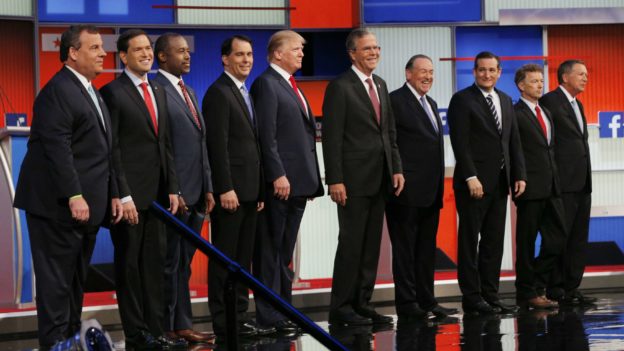
Republicans in the debate
Out of the 17 candidates for the nomination, only 10 participated in the debate organized by Fox News during primetime. Fox took into account a recent data analysis from five national polls for the selection of participants in the main debate. Some candidates like Rick Santorum showed their opposition to this measure, although they held a debate earlier.
These are, broadly speaking, the elements that identify the campaign of each candidate.
Donald Trump focused his speech on criticizing the US politic elite, based on his experience as a successful entrepreneur. He stated that only someone like him, detached from politics, is able to redirect the course of the country. His reproach to immigrants from Mexico has unleashed a wave of criticism.
Estado y sociedad. Una perspectiva democrática

“… el proceso de radicalización de la democracia (…) se trata de una lucha inmanente dentro de las instituciones para transformarlas y recalibrar la relación entre democracia y liberalismo. Esa es la identidad de las experiencias políticas de América del sur.” CHANTAL MOUFFE
Buscando el color del Partido Verde Ecologista de México
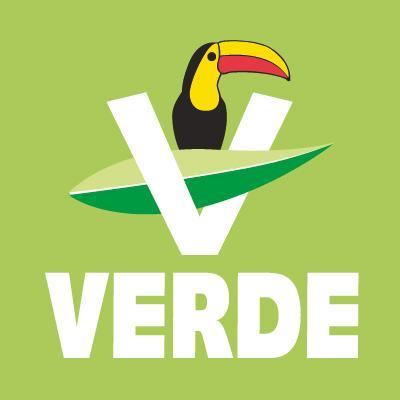
Ser ecologista se suele asociar en la política con la promoción de medidas de protección del ambiente, en la prensa con mensajes llamativos sobre el impacto del cambio climático, en Twitter con hashtags de salvar el Ártico o pesca sostenible. En México, también se suele asociar con el Partido Verde Ecologista de México (PVEM).
Elecciones en Dinamarca 2015: Mucho más que Borgen
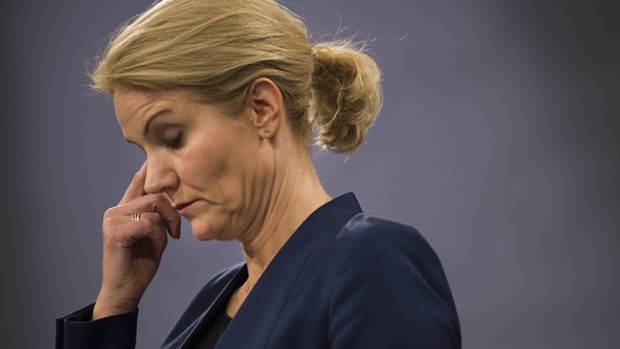
El pasado 18 de Junio y tras 4 años de gobierno socialdemócrata en coalición con otros partidos de izquierda, Dinamarca se presentaba a unas elecciones que auguraban un resultado incierto.
Embajadas Europeas: ¿dónde y por qué?
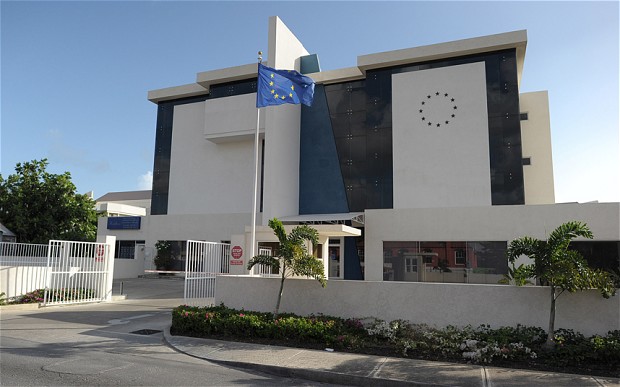
La transformación de las Delegaciones de la Comisión Europea en las actuales Delegaciones de la UE han sido uno de los cambios del Tratado de Lisboa para dar mayor coherencia a la acción exterior de la UE.
¿Quo vadis, SEAE?
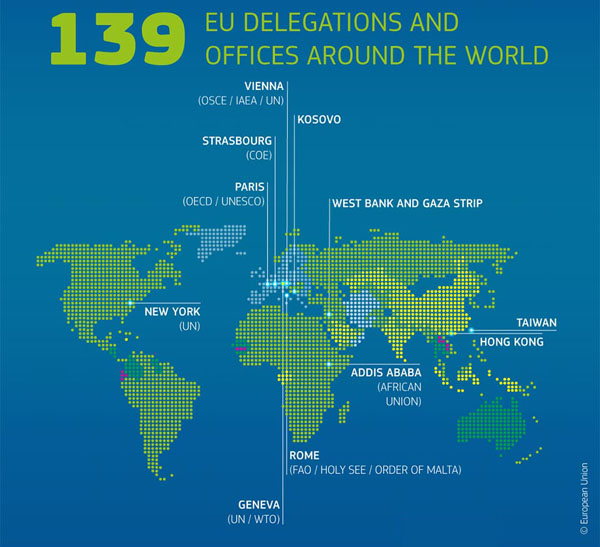
Estamos a menos de dos meses de que se cumplan cinco años de la Decisión del Consejo para establecer la organización y el funcionamiento del Servicio Europeo de Acción Exterior (SEAE).
Desde entonces, el SEAE ha dado sus primeros pasos, encontrándose con numerosas dificultades, entre las que no han sido menores la coincidencia en el tiempo con una gravísima crisis económica, la coexistencia con otros 28 servicios diplomáticos europeos (los de cada Estado miembro de la Unión) o lo relativo a la articulación sui generis del servicio, tanto por su composición interna (funcionarios de la Comisión, de la Secretaría del Consejo y diplomáticos nacionales) como por sus cometidos propios (apoyo tanto al Alto Representante, como al Presidente del Consejo Europeo, al Presidente de la Comisión y a la Comisión en sus funciones exteriores).
Nothing New on the Southern Front: Why a Military Intervention in Libya Would Be Ineffective (For the Moment)
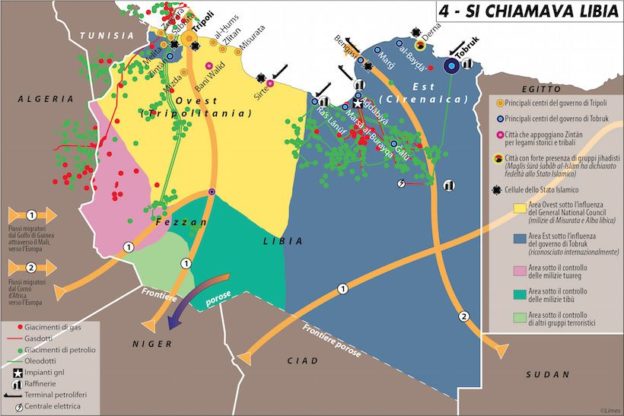
“Addressing the root causes of irregular and forced displacement in third countries”. This is the title of one of the paragraph in the European Agenda on Migration, recently presented by the EU Commission, the most relevant point of which is the quota system for EU migrant distribution. Leaving aside critiques – particularly, the relocation criteria and disagreement of United Kingdom, France, Germany, Spain, Poland, Hungary – as explained in another article, going beyond the “simple” rescuing of human lives is fundamental for avoiding tragedies; especially in the Mediterranean case, focusing efforts on Libya is an option which could drastically reduce the flow of irregular migrants.